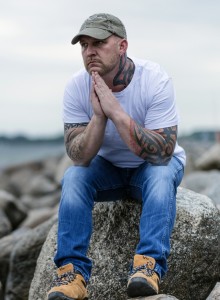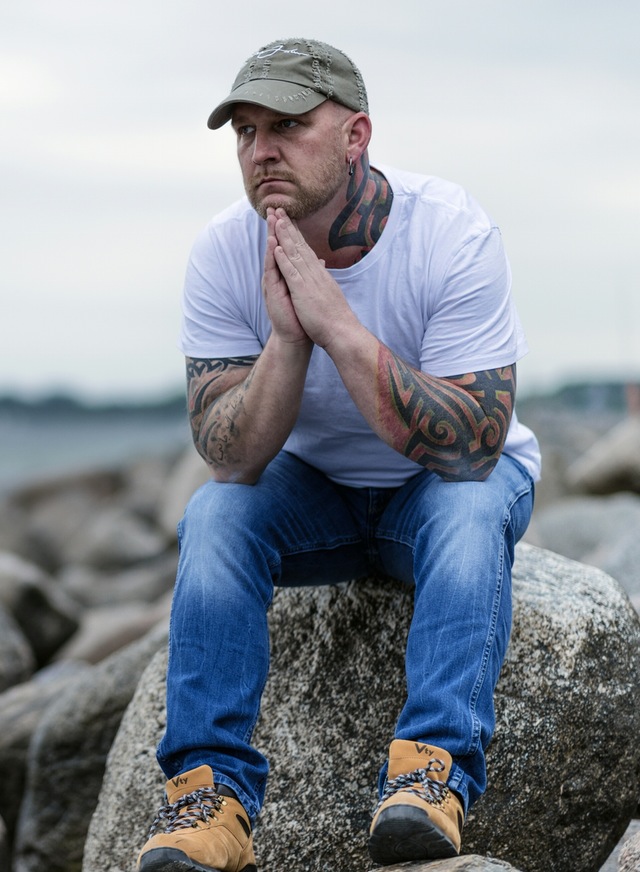July 12, 2016
World, national and local news consistently sends a barrage of images depicting recent acts of violence, stories of racism, abuse, natural disasters and other stories of profound suffering. It is both normal and healthy to have such events illicit an empathetic response. If you suddenly feel overwhelmed by the weight of a community problem on your shoulders, you may be over– empathizing, which can quickly take its toll on your mental health. There are some things you can do to avoid feeling overwhelmed or to pull yourself out of over-empathizing with the victims/families from a traumatic event.
empathizing, which can quickly take its toll on your mental health. There are some things you can do to avoid feeling overwhelmed or to pull yourself out of over-empathizing with the victims/families from a traumatic event.
Look for HOPE
Even in the most horrific of circumstances, there are glimmers of hope: people rallying up resources, small acts of kindness, life amongst rubble. Hope is powerful, yet it is easy to ignore. Hope is the motivator that provides us with the strength to keep going. Look for it and you will see it.
Keep it in PERSPECTIVE
The answers for ending senseless acts of violence or racism in America is not an easy one nor is it a one-person job. You can take action within your own day-to-day routine by showing tolerance, acceptance, patience, and peace. Making eye contact and giving a smile of acknowledgement to a hooded teenager on the Max is a step towards the greater cause. No matter how small the gesture, keep in mind that change happens one step at a time.
Maintain RESILIENCY
We build capacity to endure difficult times by replenishing our spirits. Just as the long distance runner in a marathon takes advantage of the rest stops to rehydrate and nourish the body, our spirit needs the same. Self-care are activities that provide soothing to our emotions. What soothes you is different for everyone. Some examples are relaxing with a massage, listening to music, spending time with friends, relying on your faith, creating art, and enjoying the beach. Find what soothes you and then do what soothes you. It is important to really feel the comfort the activity brings to your spirit.
Practice healthy BOUNDARIES
Boundaries are the parameters we put around ourselves to be safe and healthy. People who can’t say no and wind up feeling overwhelmed by their to-do list is an example of not setting and holding appropriate boundaries. Let go of what you have no control over. Consider limiting the exposure to the news. Seeing traumatic images over and over can be traumatizing to the viewer. If you want to help monetarily, set boundaries around which organizations you contribute to and how much you give. If you aren’t able to pay the electric bill next month due to all the contributions to humanitarian relief efforts, you have put your self at risk of needing help.
Seek COUNSELING
If it is difficult for you to find hope, keep it in perspective, maintain resiliency and healthy boundaries, you may need counseling to help you do these things. Reaching out for support doesn’t mean that something is wrong with you, nor does it mean you will be in therapy forever. Professional counseling can build resiliency, offer a forum to release burdens, and build skills. Consider putting counseling in your coping tool box as a tool you pick up when you need it and set it back down when you don’t.





